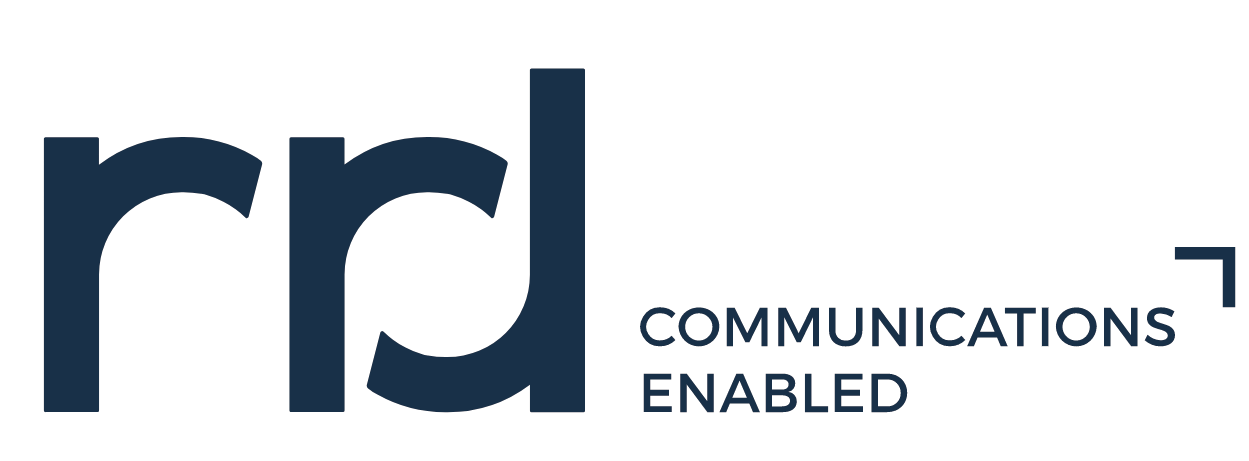SPEAKER 1: You don't need to be rich and famous to have a personal assistant. You already have one for your health care needs.
SARAH: That's good because I'm not rich or famous.
SPEAKER 1: Sarah was diagnosed with breast cancer last week. It was caught early, but she's still in shock and needs to figure out what to do next. Luckily, Sarah remembers that she has a health advocate, so she gives her a call.
RENEE: Hi, Sarah. How can I help you today?
SARAH: Last week, I got diagnosed with breast cancer, and my doctor says it's early, but I have to find a specialist and get a treatment plan, and I don't know what my insurance will cover. It's just overwhelming.
RENEE: Take a deep breath, Sarah. I can help you figure this out. I'm sorry to hear about your diagnosis.
Let's see if we can get you set up with an oncologist so you can start getting a treatment plan in place. After your appointment, I'll follow up with you to see how it went. I'm here for you every step of the way.
SPEAKER 1: Renee helped Sarah understand her diagnosis. She booked an appointment for the next Monday with an oncologist who specializes in breast cancer. Renee added John to the call, a health advocate familiar with Sarah's benefits, to answer all her insurance questions. They each gave Sarah their personal extensions.
RENEE: Hi, Sarah. It's Renee, your clinical health advocate at Blue Cross and Blue Shield of Illinois. I wanted to check in and see how your doctor appointment went.
SARAH: Thanks for calling, Renee. The doctor said she's thinking a lumpectomy and then maybe chemo if needed. I still have to have more tests before we know for sure.
SPEAKER 1: Over the next few weeks, Sarah gets her tests done and meets back up with her doctor. They decide a lumpectomy is the way to go. The procedure is scheduled, and two days before the surgery, Renee calls Sarah.
Renee makes sure Sarah is comfortable with her treatment plan with Dr. Lee. Then she talks to Sarah about what to expect from the surgery and make sure she will have some help at home with the kids and caring for herself. She reminds her to have her husband pick up any prescription she needs after surgery and before she gets home.
RENEE: I'm not just your health advocate. I'm here for your family as well. If they need anything, please ask them to call me.
SPEAKER 1: Sarah's surgery went well, but it appears she'll need chemotherapy. Renee called Sarah once she got home from the hospital, a post-discharge call, to make sure Sarah is doing OK and has everything she needs to recover from the procedure. After Sarah begins chemo, it is a pretty rough start for the whole family, especially Nate.
On a particularly bad day, Nate is very worried about how tough things have been for Sarah. He knows she has said a lot about how great Renee is, so Nate starts a chat with Renee to see if she can help him understand how to better help Sarah. He explains that he feels in over his head trying to take care of everyone and everything. Renee asks Nate some questions and listens to him. She knows he needs some caregiver support and that he might be dealing with some anxiety and depression over recent events.
Renee connects Nate with a social worker in her pod who helps him get some regular respite care so he can take Saturday mornings off and watch the kid's soccer games. Renee also connects Nate with a therapist who offers online video sessions so he can deal with some of the challenges he is facing in getting his family through this. After completing her treatments and going to her doctor, Sarah learns that she is currently cancer-free.
You don't have to be rich and famous to get the star treatment from your health insurance. Your health advocate is there for you every step of the way. Remember, no matter what health issue you or your family is dealing with, health advocates are here to help. You can talk to or live chat with a health advocate 24/7.

